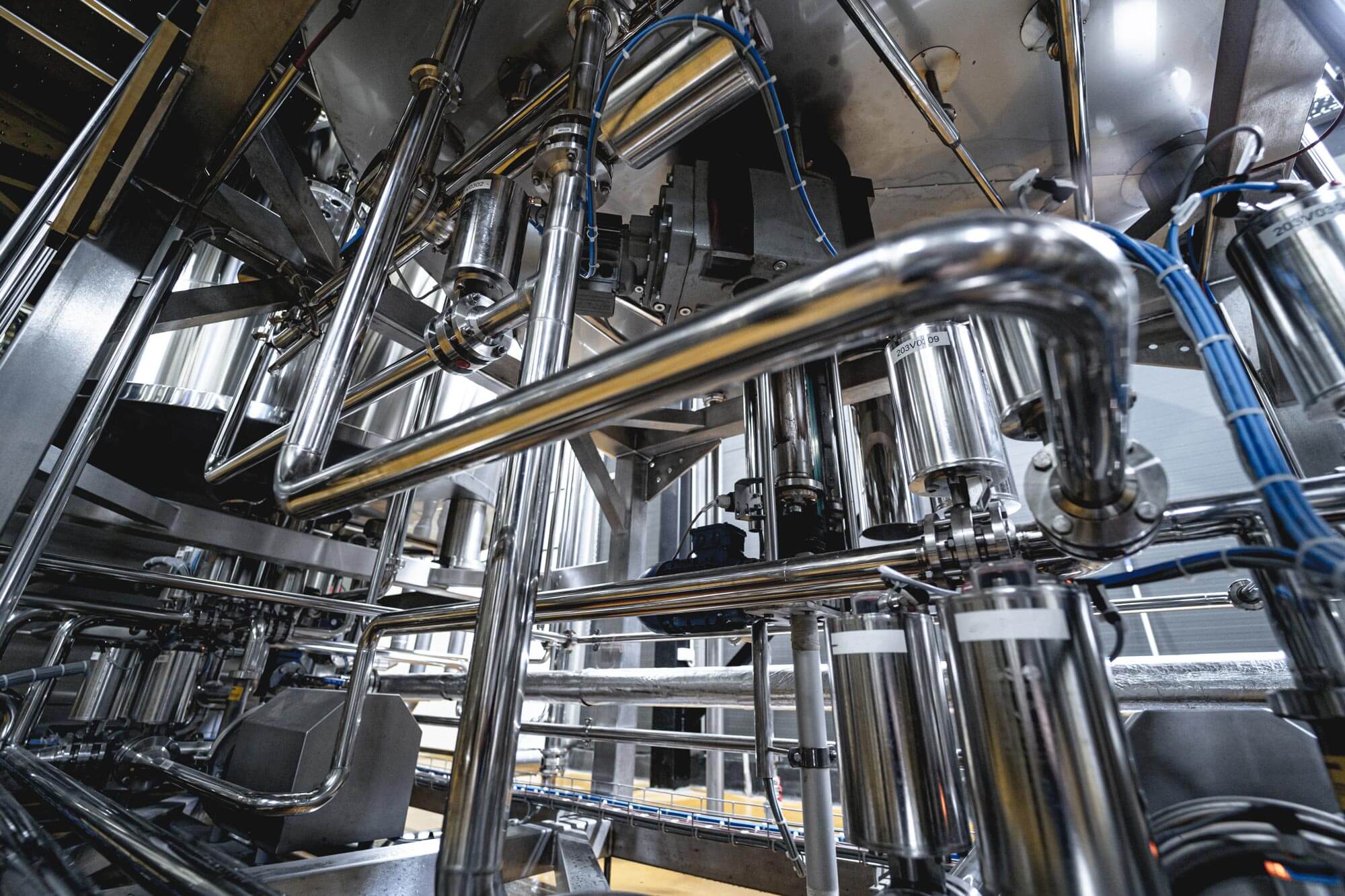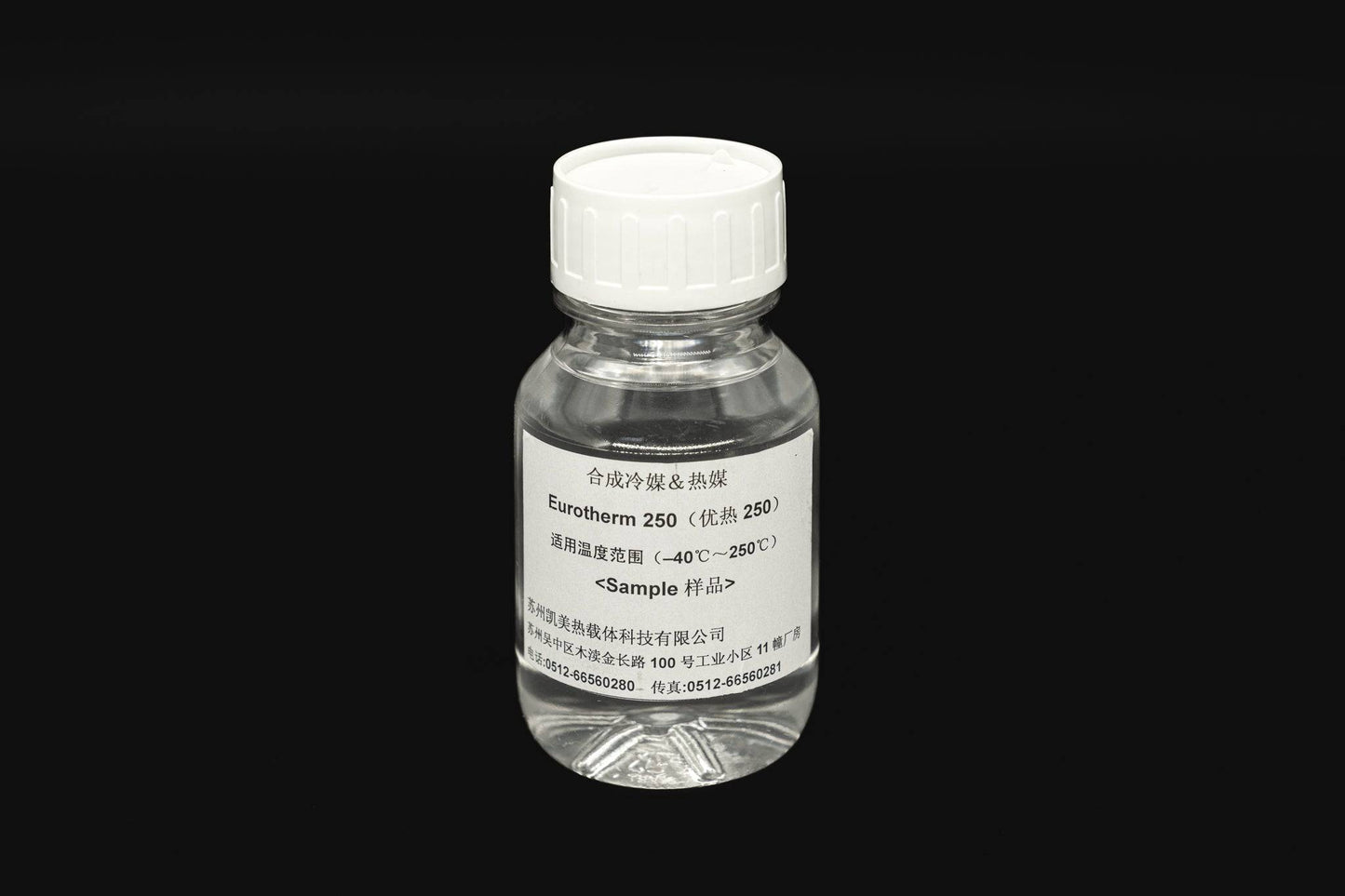The Significance of Thermal Security in Heat Transfer Fluid Choice
The Significance of Thermal Security in Heat Transfer Fluid Choice
Blog Article
How Warmth Transfer Liquid Adds to Sustainable and Affordable Operations
In the contemporary industrial landscape, the function of heat transfer liquids (HTFs) in advertising lasting and cost-efficient operations can not be overemphasized. These fluids are essential in maximizing thermal monitoring systems, therefore considerably improving energy effectiveness and lowering functional prices. heat transfer fluid. The ecological advantages of innovative HTFs, with their high thermal security and reduced poisoning, are indisputable.
Recognizing Warmth Transfer Liquids
In the world of thermal monitoring, warm transfer fluids (HTFs) serve as vital representatives for moving thermal energy from one place to another. These fluids play a pivotal role in various commercial applications, consisting of chemical handling, power generation, and cooling and heating systems. HTFs are especially crafted to run within a wide variety of temperatures, efficiently helping with the transfer of heat while maintaining a stable thermal profile. Their ability to function under extreme conditions-- whether high temperature levels or cryogenic degrees-- makes them indispensable in environments demanding accurate thermal control.
The make-up of warm transfer fluids can vary considerably, including options such as mineral oils, synthetic oils, glycols, and molten salts. Each type supplies distinctive benefits, such as improved thermal stability, low viscosity, and high boiling points, which are picked based upon particular functional requirements. The selection of HTF impacts not only the efficiency of warm transfer however likewise the long life and safety and security of the system in which it is utilized.
As sectors remain to innovate, the development of sophisticated HTFs, defined by their enhanced thermal conductivity and decreased ecological impact, is essential for satisfying the needs of modern-day thermal management obstacles.

Enhancing Power Efficiency

Improving power efficiency has actually ended up being an extremely important issue across various industries, triggering a more detailed assessment of heat transfer liquids' duty in maximizing thermal monitoring systems. These liquids are indispensable to preserving the desired temperature level in processes, thus minimizing energy waste and improving total system performance. By selecting a proper heat transfer liquid, sectors can significantly enhance their energy performance, leading to reduced energy usage.

Advanced solutions of warmth transfer liquids have been created to endure severe temperatures while keeping security and efficiency. Boosting power effectiveness via ideal heat transfer fluid choice is not just a technological need however additionally an ecological essential.
Decreasing Functional Prices
Operational prices are a considerable factor to consider for industries looking for to maintain affordable benefit, and the selection of warm transfer fluid plays an important duty in expense administration. Choosing a suitable warmth right here transfer liquid can bring about considerable cost savings by enhancing system efficiency and lowering power usage. High-performance liquids decrease thermal degradation, which subsequently minimizes the regularity of fluid replacement and downtime linked with maintenance, thereby decreasing operational expenses.
Furthermore, warmth transfer fluids with remarkable thermal security and rust resistance extend the life-span of devices. This decreases the demand for frequent repairs and substitutes, which can be pricey and disruptive to operations. By investing in high-grade liquids, markets can accomplish long-lasting reductions in upkeep costs and enhance the dependability of their systems.
In addition, advanced warm transfer fluids commonly display lower thickness at operating temperature levels, which improves Web Site pump efficiency and decreases power usage in fluid flow. This optimization of power usage directly translates right into decreased functional prices. Additionally, lots of modern-day warmth transfer fluids are crafted to operate effectively over a vast temperature array, minimizing the need for several liquid types, therefore improving supply demands and lowering associated expenses. These factors jointly add to more lasting and affordable operations.
Ecological Effect Reduction
The press towards lowering environmental impact has gained energy in markets leveraging heat transfer liquids. Warm transfer fluids (HTFs) play a crucial role in this shift, providing opportunities to boost energy efficiency and lower discharges - heat transfer fluid.
Furthermore, the use of advanced warmth transfer liquids adds to improved system performance, minimizing the overall power usage. This reduction not only results in price financial savings yet also pop over to this site lowers co2 exhausts, assisting in the fight versus environment modification. Liquids that are eco-friendly and recyclable additionally improve sustainability efforts, as they lessen waste and promote circular economy methods.
Additionally, incorporating HTFs right into closed-loop systems avoids fluid loss and contamination of the surrounding environment. This approach makes sure that fluids are recycled, decreasing the demand for new resources and restricting waste generation. By embracing these ecologically mindful approaches, industries can dramatically diminish their ecological effect while keeping high operational efficiency, lining up with international sustainability objectives and regulatory requirements.
Selecting the Right HTF
Choosing the suitable heat transfer fluid (HTF) is a vital action in progressing ecological sustainability within industrial processes - heat transfer fluid. An optimal HTF must possess a high thermal capability, low viscosity, and high thermal conductivity to make sure reliable warmth transfer.
When picking an HTF, it is essential to consider its compatibility with system materials to stay clear of corrosion and chemical reactions. This ensures long life and lowers upkeep prices. The liquid needs to be safe and biodegradable, minimizing its eco-friendly impact and guaranteeing conformity with ecological policies. The lifecycle price of the HTF, incorporating purchase, operation, and disposal, should additionally be reviewed to guarantee economic expediency.
Final Thought

Report this page